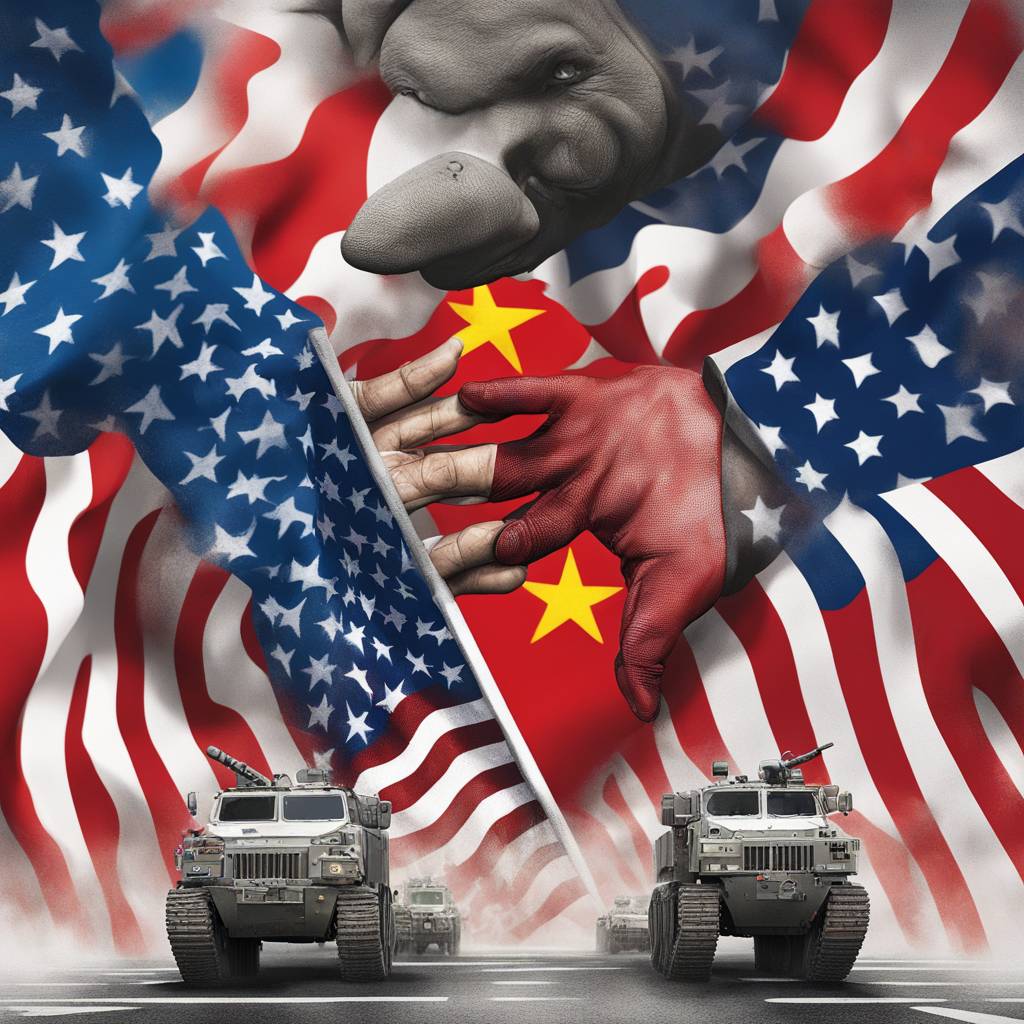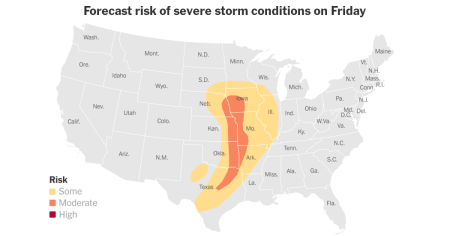Philippine President Ferdinand Marcos Jr. has vowed to respond to recent clashes with Chinese forces in the contested waters of the South China Sea. Following meetings with the Philippine defense and national security leadership, Marcos announced plans to implement countermeasures in response to the aggressive actions of the China Coast Guard and the Chinese Maritime Militia. The recent incidents involved attempts to blockade a Philippine supply boat and escort vessels, leading to a dangerous standoff and water cannon attacks that resulted in injuries to Philippine crew members. Manila asserts that these actions violate its sovereignty and traditional fishing grounds in the region.
In response to the escalating tensions, Chinese Defense Ministry spokesperson Wu Qian stated that China is prepared to safeguard its territorial sovereignty and maritime rights in the disputed waters. He blamed the Philippines for harassment and provocations, attributing the root causes of the conflict to external forces, namely the United States. Wu accused Washington of provoking confrontation by backing up the Philippines and sending military vessels to the South China Sea. He warned that Beijing would not allow the Philippines to act willfully and emphasized China’s commitment to upholding its claims in the region.
The South China Sea issue has become a major point of concern in the Philippines, with recent polling indicating support for using military action to assert the country’s territorial rights in the disputed waters. The confrontations at Second Thomas Shoal and other flashpoints have also reignited discussions around the U.S.-Philippines Mutual Defense Treaty. Defense Secretary Lloyd Austin reaffirmed the treaty’s coverage of the Pacific region, including the South China Sea, during a call with his Philippines counterpart Gilberto Teodoro. The Pentagon emphasized the treaty’s commitment to mutual defense cooperation and security in the region.
Marcos has adopted a more assertive stance compared to his predecessor, Rodrigo Duterte, in pushing back against Chinese intrusions into the Philippines’ exclusive economic zone. He highlighted the importance of securing the country’s sovereignty, sovereign rights, and jurisdiction while ensuring peace and stability in the Indo-Pacific region. Marcos expressed solidarity with allies and partners who have offered support to Manila in the face of ongoing challenges posed by Chinese aggression. The Philippines remains committed to defending its interests and standing firm against any attempts to undermine its territorial integrity.
As tensions in the South China Sea continue to rise, the Philippines faces a complex diplomatic and security challenge in balancing its interests against competing claims in the region. The recent clashes with Chinese forces underscore the strategic importance of maintaining alliances and partnerships to strengthen the country’s position in maritime disputes. The Philippines’ response to Chinese aggression will likely shape the future of its relations with regional powers and influence the broader geopolitical dynamics in the Indo-Pacific. By asserting its rights and seeking international support, Manila aims to protect its interests and uphold the rule of law in the contested waters of the South China Sea.















